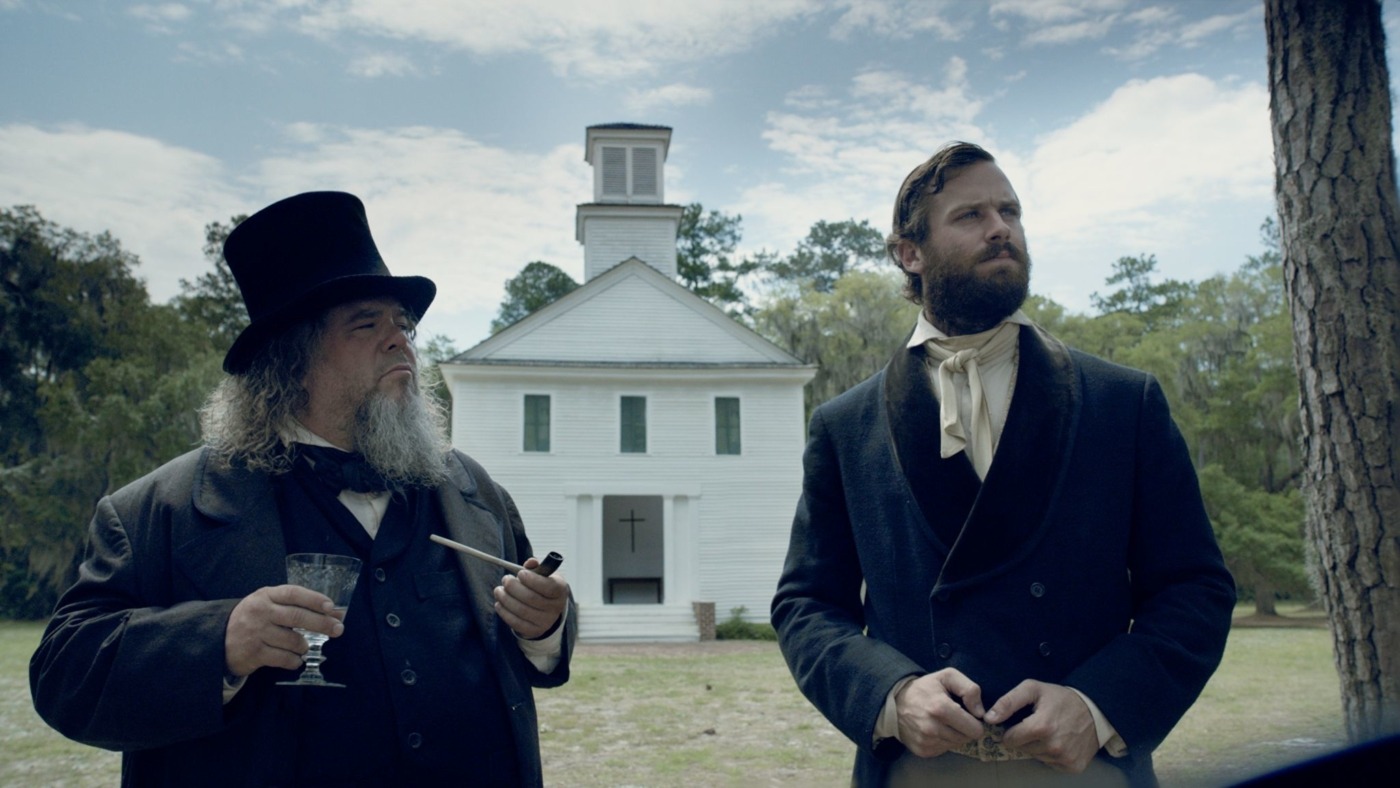Should Films Have A Social Message?
Talking about the release of his first feature film Lion, director Garth Davis once said, “filmmaking is not a job but a social responsibility for me”. Lion tells the story of an Indian boy adopted by a wealthy Australian couple, who sets out to find his real family after twenty-five years. Six Academy Award nominations and a $140 million box office hit later, Davis’ film is evidence that commercial acclaim and social responsibility can co-exist. The concept of social responsibility is that businesses must balance profits with activities benefitting society. Translated into the film industry, it is the idea that movies should not exist solely to make money. They must also have something to say.
Hollywood’s recent trend has embraced films with a social conscious. The 2018 Best Film Academy Award nominations included Call Me by Your Name, Three Billboards Outside Ebbing, Missouri, and Get Out. These stories focus on the relationship between two men, a woman’s search for justice over the death of her daughter, and a social satire on racism. Get Out is one of a string of high-profile movies on black culture, which reached its apex in this year’s Black Panther, the ground-breaking, box office smash superhero movie. Black Panther transcended the marvel cinematic universe and Hollywood to become part of a wider conversation. It revisited the question – what do people want out of cinema?
On the surface, the reason why people go to the movies is the same as it has always been. A slice of escapism. A desire to avoid every-day reality and indulge in some entertainment. The compelling intimacy and anonymity of sitting in a darkened room full of strangers. Whatever the reason moviegoers purchase their tickets, there is one undeniable constant. Films provoke a reaction. Whether you hated it or loved it, the best films elicit an emotional response. And shouldn’t that be enough?
Films provoke a reaction
If film has the capacity to provide feeling, it also has the capacity to provide a message. Despite societies ongoing love affair with “Netflix and Chill”, the big screen remains one of the biggest arenas for discourse amongst a wide and diverse audience. Garth Davis suggests that this scope comes with responsibility. But what does a movie’s social responsibility look like? The good guys winning and the villains getting their comeuppance is so clichéd that even superhero movies have steered away from it in recent times. Does it mean gender-swapping a movie to promote more female-led films à la Ghostbusters and Ocean’s 8? Or promoting films which are laden with representation and political correctness? And if that is the case – what happens to those movies that don’t fit within those parameters?
Opponents of Garth Davis would point out to the number of unsavoury films which makes up Hollywood’s blockbusters. Is The Godfather trilogy any less celebrated because of its depiction of crime and depravity? Is Trainspotting any less powerful because it does not explicitly condemn heroin use? Does movies like (the admittedly lower-quality) The Purge compel moviegoers to suddenly forsake any social responsibility and turn to a life of crime? The answer is – of course not. The idea that movies can influence society is compelling, but hardly substantiated.
Here is the crux of the matter. There are good films with social messages. There are bad films with social messages. The Birth of the Nation – which reinterpreted the history of Reconstruction America – was arguably the greatest misstep in cinematic history. On the other side, some films expertly interweave social context and storytelling. The Lives of Others – a German film about a Stasi officer who gradually realizes the system is wrong. The Road – an apocalyptic film that does more to warn about the horrors of climate change than most UN conferences. Get Out and Black Panther – which use horror and comedy (or a combination thereof) and fantasy to talk about the African-American experience.
The Birth of the Nation – which reinterpreted the history of Reconstruction America – was arguably the greatest misstep in cinematic history
Movies are a reflection of human experiences. The good, the bad and the ugly. It is trite to suggest that movies are either for light-hearted entertainment or for social commentary. For escapism or for gritty realism. Directors such as Garth Davis might intend to make a point about the world we inhabit. But regardless of the filmmaker’s intentions, a movie is transformed by the moviegoer’s gaze. The beauty of going to the cinema is that each viewer might take something different from it. The best movies do not require social responsibility to have something truthful to say about the world. They hold up a mirror to society. If we’re lucky, they might also illuminate it.

Comments
Comments are closed here.